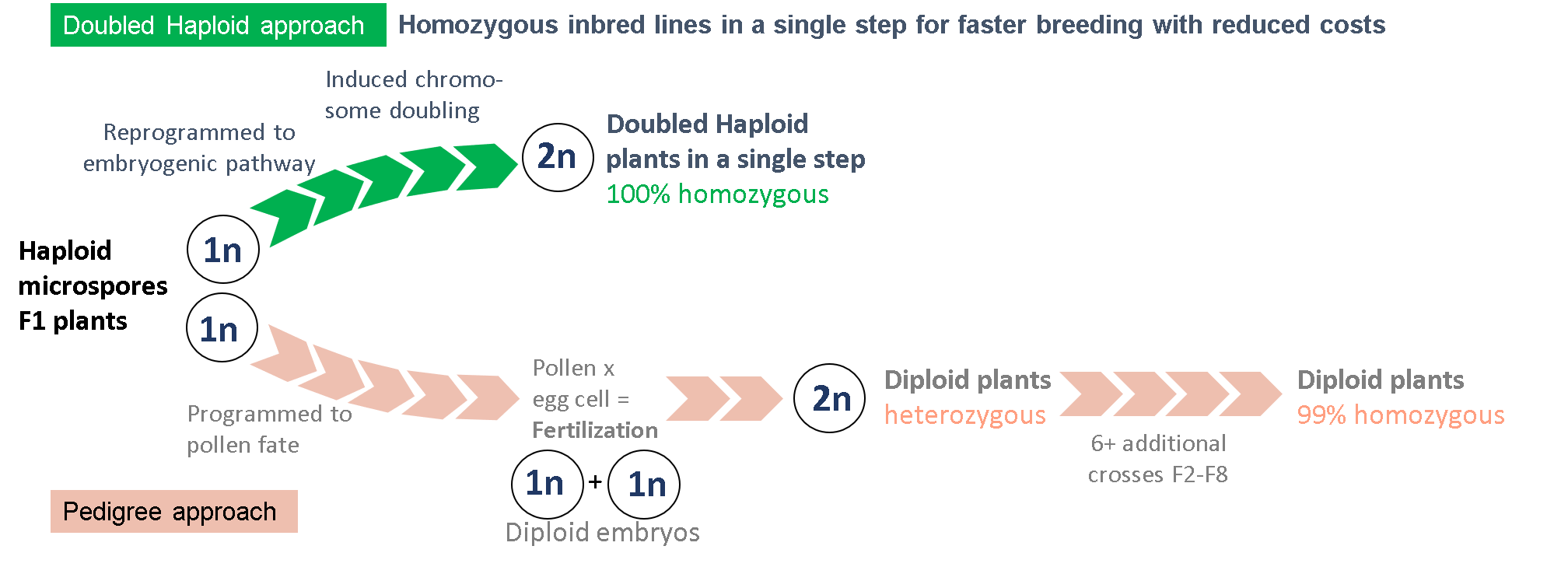A NEW AREA OF PLANT BREEDING
AI powered production of Doubled Haploid plants to enable novel traits
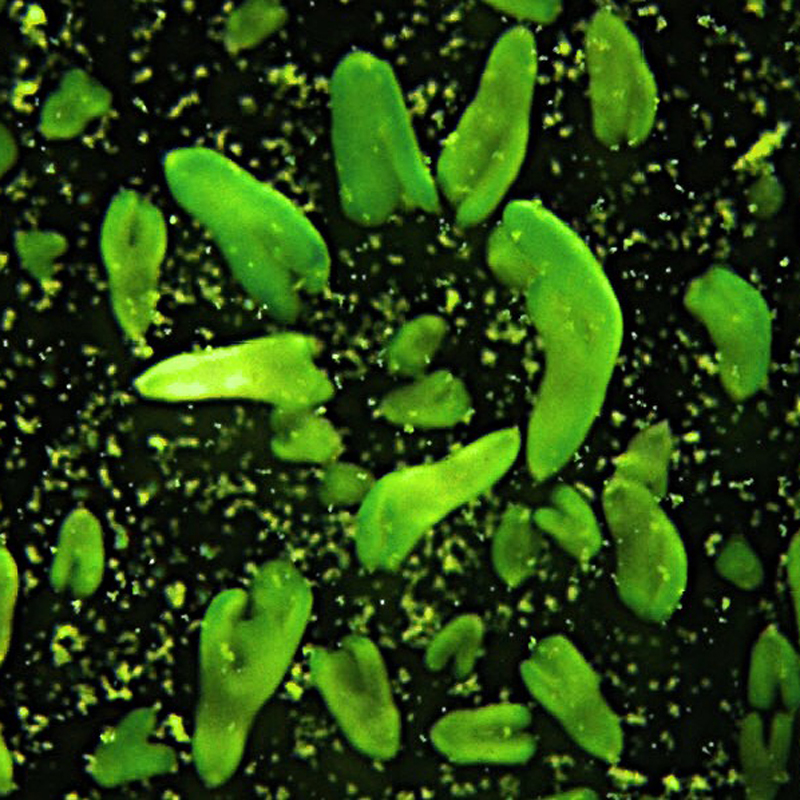
Our Motivation
Increasing changes in the global food market (e.g. population growth to rise by 60% through 2050, climate change calling for 70% higher productivity due to harvest losses by insects, pathogens, weeds and other limited resources like water) cause major challenges for the plant breeding industry.
The traditional plant breeding process is too slow to cope with these global changes, whilst confronting the needs to provide crops with improved characteristics faster and cheaper, accelerate genetic gain and generate homogenous plants in shorter time and lower costs.
Plant breeders face literally millions of choices when developing a new variety. Today, it takes many years of painstaking breeding to tweak superior traits by serendipity until it is just right for sustainable agriculture. Genetically pure starting material is of key importance for breeders to get faster access to genetic resources to increase productivity of new cultivars. As a growing population and climate change threaten food supply and security, innovative solutions are needed to facilitate breeding precision and output and lessen the impact of agriculture on the environment.
Doubled Haploid plants enabled by digital technology can solve major obstacles plant breeders are facing today
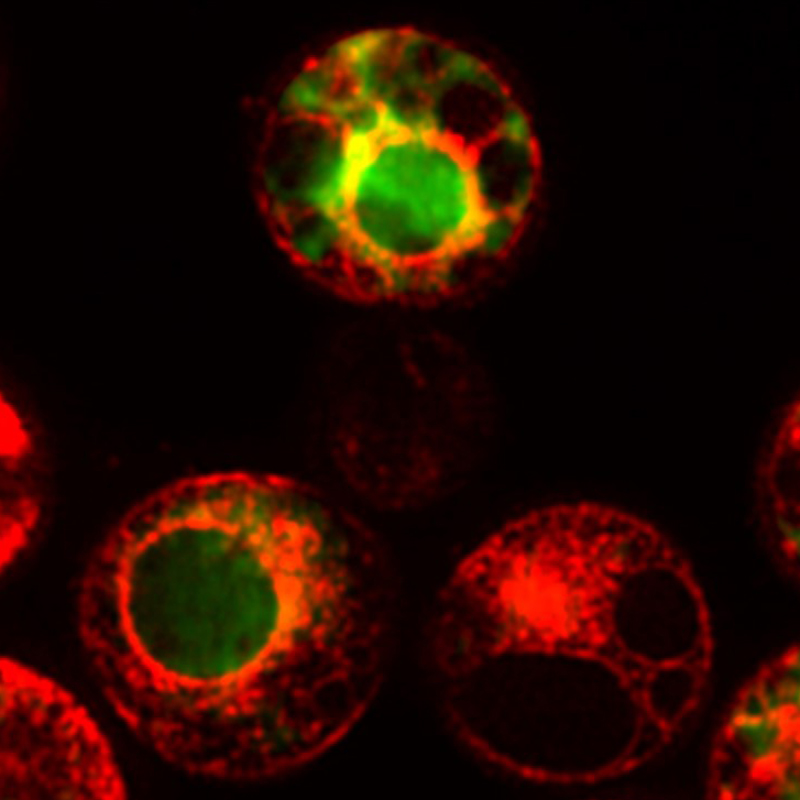
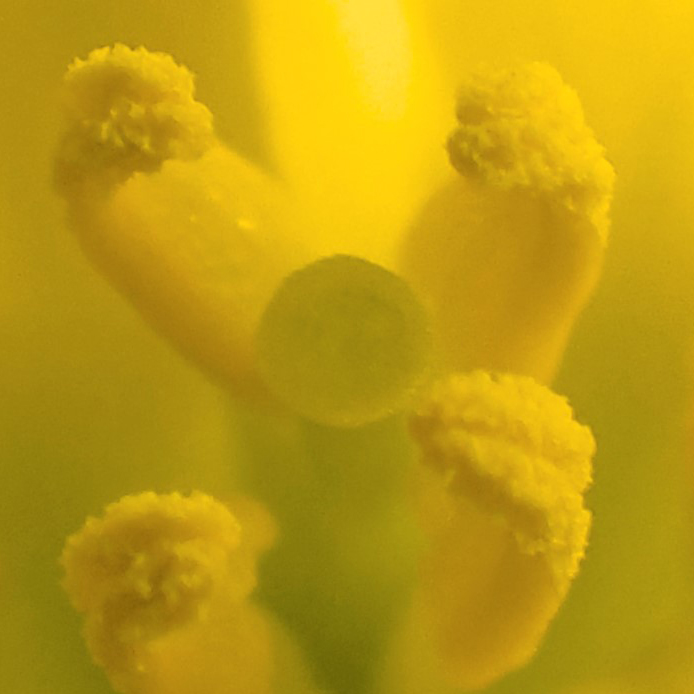
The generation of Doubled Haploid plants speeds up the breeding process and increases the genetic gain (access to genetic resources for generating better varieties). Unfortunately, with currently available techniques, most of agriculturally important plants are recalcitrant to the formation of the Doubled Haploid plants. Enabling Doubled Haploid technology means faster time to market and more efficient use of resources, since fewer plants are required to find the desired genetic traits.
Our Mission
ScreenSYS mission is to make Doubled Haploid plants widely available for breeders with our novel technology platform utilizing state-of-the-art algorithms, chemical inducers and automated cell handling.
We apply our know-how and innovative solutions to enable in vitro reprogramming of microspores, precursor cells of pollen, with subsequent generation of Doubled Haploid plants from these haploid cells.
ScreenSYS industrializes Doubled Haploid plant generation with its unique AI-powered automated platform based workflow. ScreenSYS is the first plant biotechnology digital in vitro company that generates Doubled Haploid plants by utilizing algorithms and patented cell handling expertise to measure embryogenic competence of microspores and guide their reprogramming in vitro. Our innovative highly automated workflow offers the fastest and the most efficient route to boost production of homozygous inbred lines and broadly applicable to other single plant cells, such as protoplasts. With our technology breeders will benefit on their challenging quest to find and access superior traits quicker and cheaper, be it improved use of water or nutrients, adaptation to climate change, or resistance against pathogens and diseases.
ScreenSYS breaks recalcitrance, enables development of plant embryos and makes Doubled Haploid plants broadly available.
ScreenSYS empowers plant breeders with disruptive technology for Doubled Haploid plant production – breaking recalcitrance in relevant plants
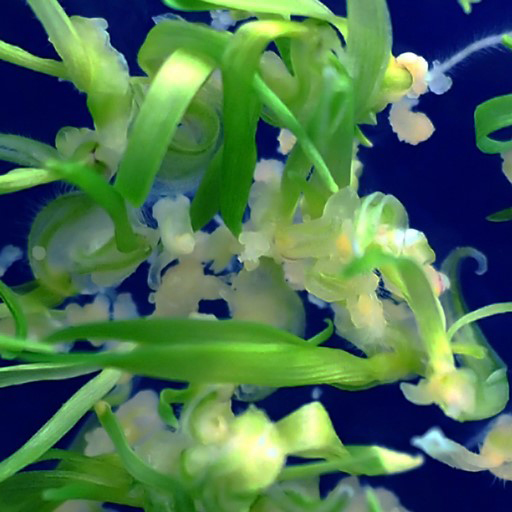
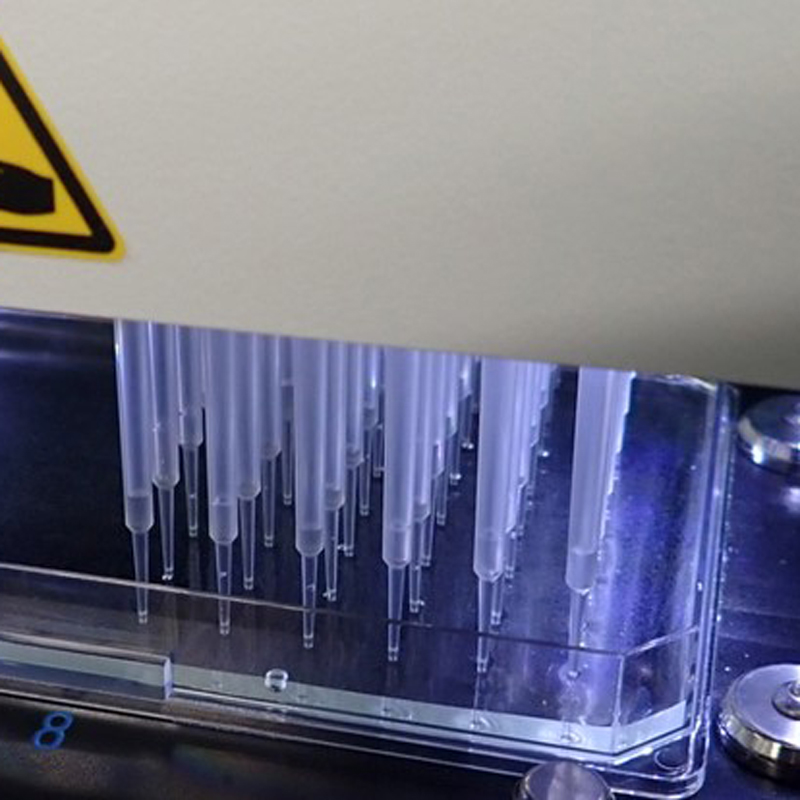
What we do
We are an interdisciplinary team of machine learners, image analysts, data scientists, plant biology and tissue culture experts, robotics and software engineers, and business professionals dedicated to offer AI from our research lab to the needs of plant breeders world.
What we offer
Partnered Discovery:
R&D Projects with Plant Breeders
We support you by breaking recalcitrance in your desired target plant species or variety to enable your favoured Doubled Haploid breeding material
Improve plant in vitro culture with the help of cutting edge AI algorithms and automated assays by learning from millions of cultured cells at the best microscopy resolution
Identify chemicals regulating essential cellular processes to trigger embryo and Doubled Haploid plant development in your favoured plant species
Apply state-of-the-art algorithms to combine single chemicals to overcome recalcitrance and enable genotype independent Doubled Haploid plant production
INTERESTED TO LEARN, WHETHER SCREENSYS TECHNOLOGY IS READY FOR YOUR CROP?
Please send us your floral samples and we come up with our offer after a charge-free pilot test.
Production of Doubled Haploid plants with breeders as clients
All you need to take care of is to provide us your “donor” plant material or seeds
We will take care of solutions to enable the Doubled Haploid plant production
Production facility for selected crops is planned to be open soon
Contact us
Postal address
ScreenSYS GmbH
BioTechPark
Engesserstraße 4A
79108 Freiburg
Germany

By loading the map, you agree to Google's privacy policy.
Learn more
In the News
A recent online article reports on how ScreenSYS’ technology contributes to improved plant variety development and features a project portrait of the BMBF-funded Tomaitech project, which provides the basis for tomato microspore reprogramming for DH protocol development: https://biooekonomie.de/foerderung/foerderbeispiele/schneller-zu-neuen-tomatensorten
...U-Net: deep learning for cell counting, detection, and morphometry
A detailed expression map of PIN1 auxin transporter in Arabidopsis thaliana root.
Career
Meet the team
Multidisciplinary team with diverse skill sets:
Doubled Haploid Technology
Engineering and Process Automation
High content and high throughput MICROSCOPY
Assay Development
AI and Machine Learning
Data Analytics
CHEMICAL GENETICS
In Vitro Plant Production
Business Development
ScreenSYS Team 2020
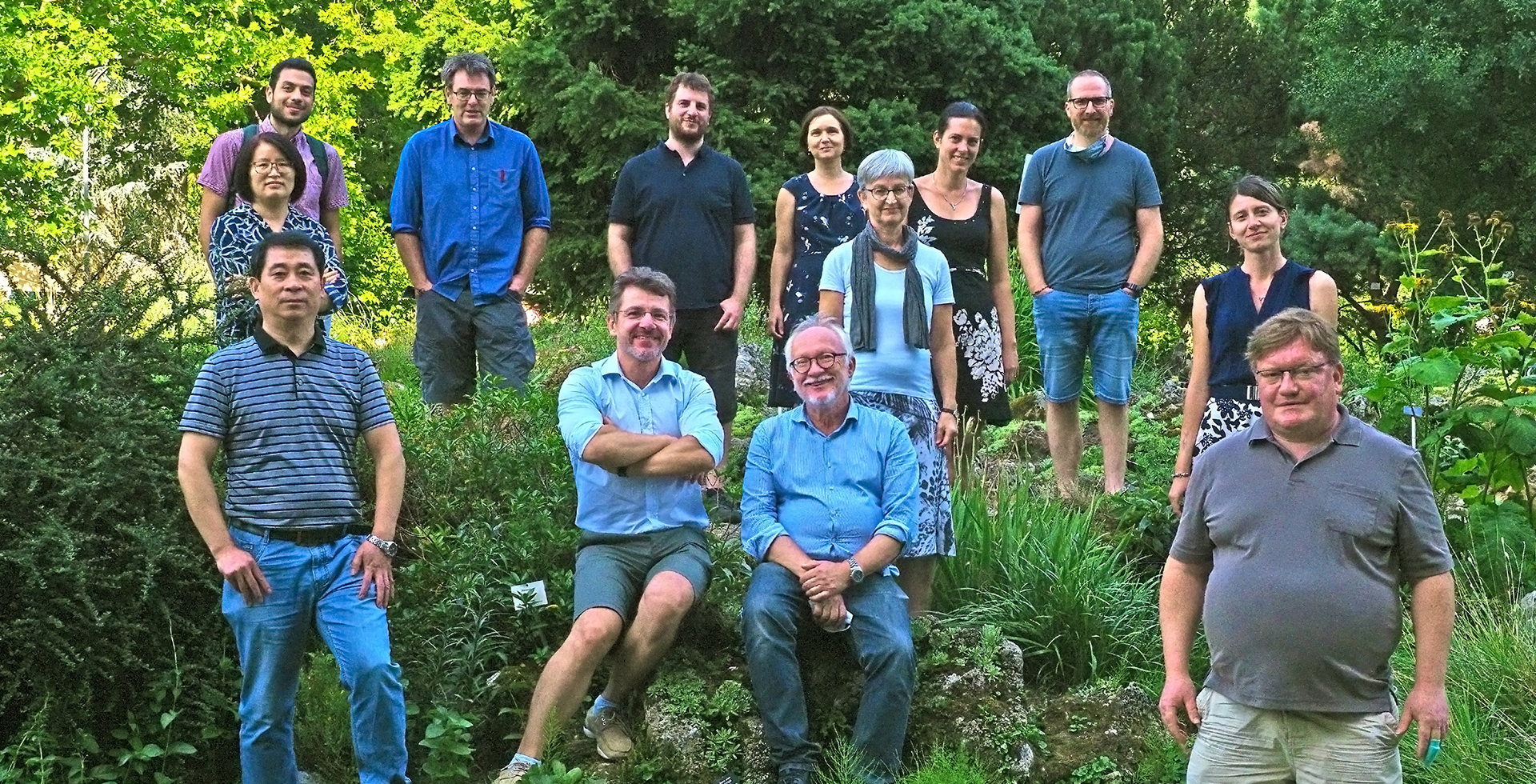
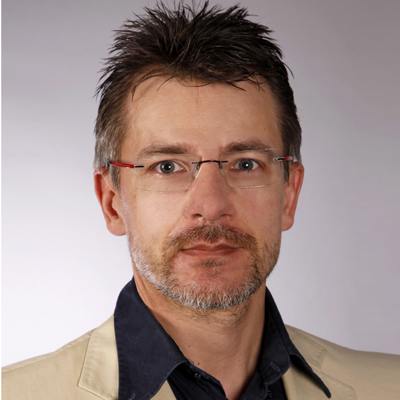
Oleksandr Dovzhenko
CEO/COO and shareholder
- Experience in team management and organization of research facilities
- >20 years plant research experience with strong background in scientific and technological areas
- Inventor of automated single plant cell handling for cell tracking and predictive phenotyping in plant cell cultures
- Proven success in developing innovative concepts, leading and coordinating projects and attracting public funds
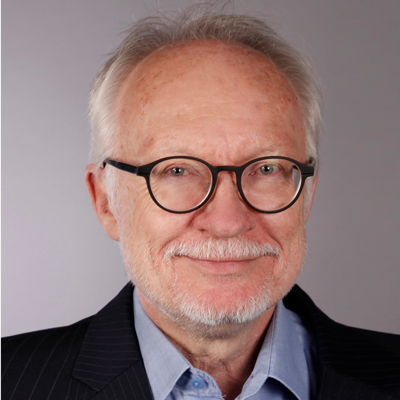
Klaus Palme
CSO/CHRO and shareholder
- 30 years plant research experience
- Proven expertise in plant signalling, molecular biology, genetics and systems biology by more than 240 publications
- Elected member in several scientific societies, awarded with many scientific prices
- Scientific director of numerous successful large scale projects

Klaus Nitschke
Senior Advisor Strategy Development, Fund Raising and shareholder
- PhD Max Planck Institute for Plant Breeding, Cologne
- Partner/Shareholder McKinsey spin off consultancy trade sale to Deloitte Consulting
- COO BOL, Bertelsmann
- MD Digital Innovation Factory and Chief Strategist for German and European Business, Deutsche Telekom
- MD/Partner, Boston Consulting Group Digital Ventures
- Director Berlin Health Innovations and Senior Advisor Digital Health, Berlin Institute of Health (BIH), Charite
- Seed Investor in 4 start ups
